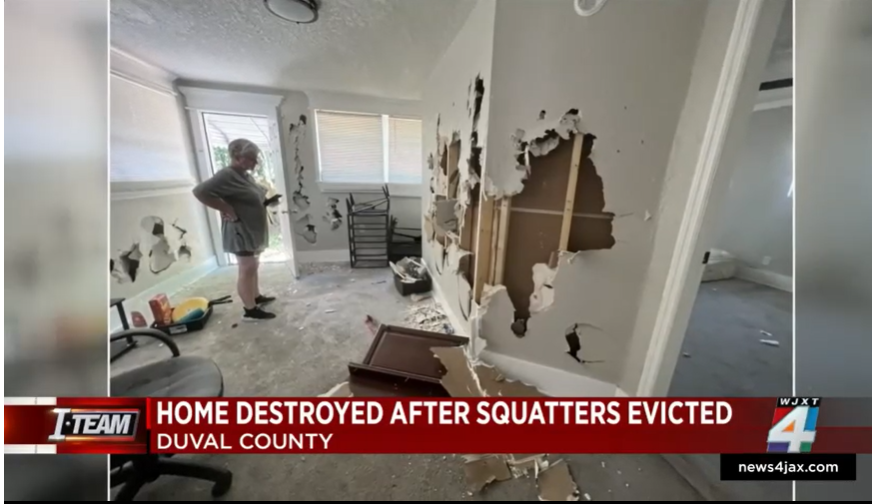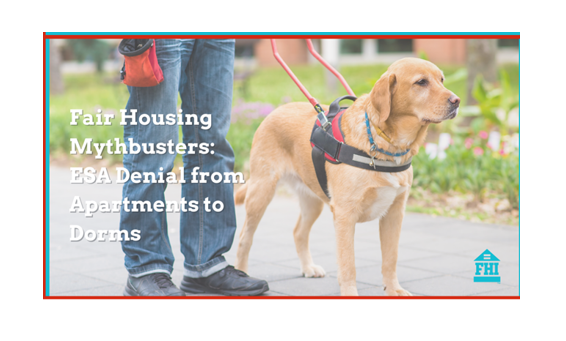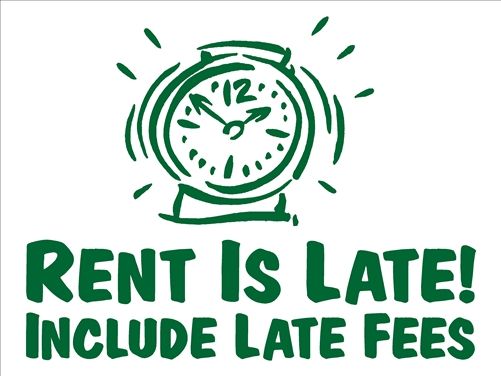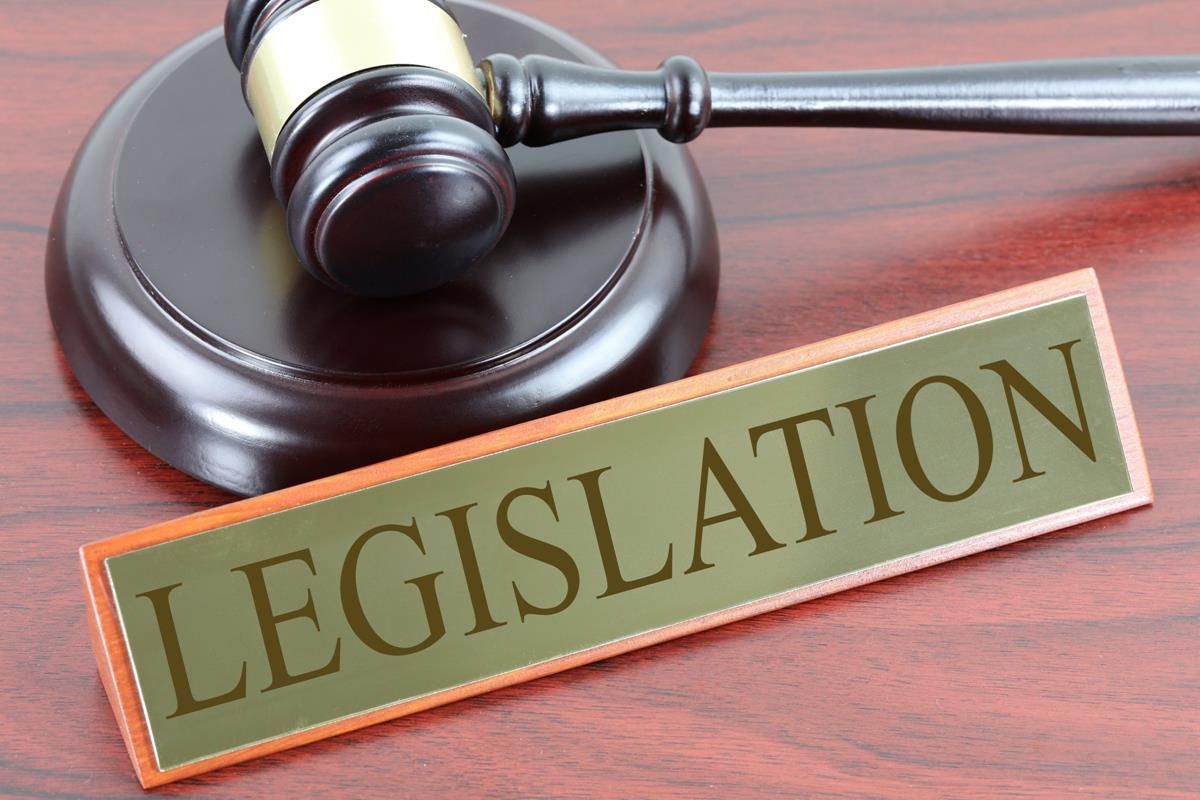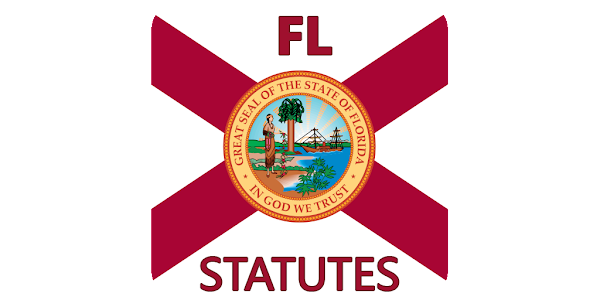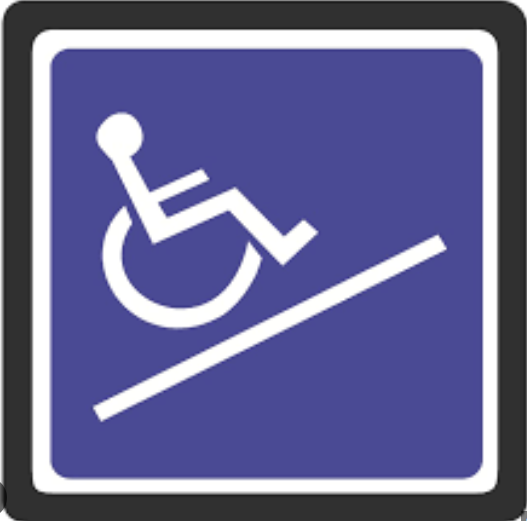Squatters!
By: Paul Howard
Our eviction business has seen a sizeable increase in the number of squatters moving into empty rental units. The stories are similar. The landlord discovers strangers have taken up residency in their rental home. Naturally, they are angry and worried. Will they become violent? Will they destroy the house? How do I get them out?
Often, the landlord will call the police to report the intruders hoping an officer will thrown them out, only to learn the cops can’t do anything. They say its a civil matter.
What You Can Do
Florida Statutes § 82.035 offers landlords a way to remove unauthorized occupants, like squatters, from their rental property. As a non-lawyer, I understand the statute to mean that if someone is living in your property without permission, you can submit a sworn affidavit to law enforcement, who may remove them immediately. The challenge can be finding an Officer willing to act on it.
Keep in mind, forcing someone out of a home is a very big deal. So, it's easy to understand why the police are cautious in such cases because a mistake could lead to big legal trouble for them. Despite your affidavit, many officers will avoid the risk and suggest going to court for a formal eviction. Fortunately, evicting squatters through the courts is usually a simple task and can take several weeks; and, there are many notable exceptions. Here are just a few:
- Squatters can win triple damages if they’re pushed from your house, expert warns
- Handyman finds clever way to remove squatters from mother's house
- Mesquite woman shares squatter eviction nightmare: "I'm trying to live the American dream"
- Kicking Out Squatters! Shocking Lockout Day Experience
- They Moved In & REFUSED To Leave! (Squatter NIGHTMARE)
- Jacksonville squatters finally evicted from home after 40 days leave behind $15K in damage
Here is the Statute: Chapter 82 of the Florida Statues offers a remedy to the problem of squatters taking over your property. Here is part of that statue (to see the entire statute Click Here).
82.035 Remedy for unlawful detention by a transient occupant of residential property; recovery of transient occupant’s personal belongings.—
(1) As used in this section, the term “transient occupant” means a person whose residency in real property intended for residential use has occurred for a brief length of time, is not pursuant to a lease, and whose occupancy was intended as transient in nature.
(a) Factors that establish that a person is a transient occupant include, but are not limited to:
1. The person does not have an ownership interest, financial interest, or leasehold interest in the property entitling him or her to occupancy of the property.
2. The person does not have any property utility subscriptions.
3. The person cannot produce documentation, correspondence, or identification cards sent or issued by a government agency, including, but not limited to, the Department of Highway Safety and Motor Vehicles or the supervisor of elections, which show that the person used the property address as an address of record with the agency within the previous 12 months.
4. The person pays minimal or no rent for his or her stay at the property.
5. The person does not have a designated space of his or her own, such as a room, at the property.
6. The person has minimal, if any, personal belongings at the property.
7. The person has an apparent permanent residence elsewhere.
(b) Minor contributions made for the purchase of household goods, or minor contributions towards other household expenses, do not establish residency.
(2) A transient occupant unlawfully detains a residential property if the transient occupant remains in occupancy of the residential property after the party entitled to possession of the property has directed the transient occupant to leave. A transient occupancy terminates when a transient occupant begins to reside elsewhere, surrenders the key to the dwelling, or leaves the dwelling when directed by a law enforcement officer in receipt of an affidavit under subsection
the party entitled to possession, or a court. A transient occupancy is not extended by the presence of personal belongings of a former transient occupant.
(3) Any law enforcement officer may, upon receipt of a sworn affidavit of the party entitled to possession that a person who is a transient occupant is unlawfully detaining residential property, direct a transient occupant to surrender possession of residential property. The sworn affidavit must set forth the facts, including the applicable factors listed in paragraph (1)(a), which establish that a transient occupant is unlawfully detaining residential property. (Emphasis added)
Get Prepared
Rather than wait to see if someone would do this to me, I got prepared in advance. First, I downloaded this affidavit (Click Here) keeping it close in case I need it. Then if I find squatters in my rental, I will complete the affidavit and go to the Property Appraiser's database and print the Property Record Card, which will show that I am the owner of the property. (If you own the property in an LLC or Corp, go to Sunbiz (https://dos.fl.gov/sunbiz/search/) and print out the record card to show who owns the LLC or Corp and finally, I will print out the page from the Jacksonville Sheriffs Office titled: Unauthorized Occupants (Squatters) (Click Here).
Then, I will call the Sheriff and present these documents to the Deputy and ask him to force out the occupants. If he or she isn't comfortable with that, I will hold my tongue. They have a lot to loose if they get this wrong.
So, if this happens, I will deliver a notice of "Unlawful Occupation" and three days later, I will file eviction in Court and after the Court signs the Final Judgment I will obtain a Writ of Possession. This time the Sheriff WILL boot out the occupant and I get my house back.
One more thing, given that we all have ten million new neighbors (illegal immigrants) living in America, it is probably prudent for you to check on your vacant properties very regularly.
###
Back to Asking The Sheriff Remove Squatters
The following is from the Jacksonville Sheriff's Office website (Click Here) The procedure is a state law so every Florida sheriff should honor these procedures.
Unauthorized Occupants (Squatters)
Effective Monday, July 1, 2024, section 82.036 of Florida State Statute has been created to provide a limited alternative remedy to remove unauthorized persons from residential real property. If you are the owner or authorized agent of residential property, and the property is unlawfully occupied by persons who are refusing to vacate, you can request the Jacksonville Sheriff’s Office to remove the unauthorized persons from the property. In order for the Jacksonville Sheriff’s Office to enforce F.S.S. 82.036, ALL of the following conditions must be met:
- The requesting person is the property owner or authorized agent of the property owner.
- The real property that is being occupied includes a residential dwelling.
- An unauthorized person or persons have unlawfully entered and remain or continue to reside on the property owner's property.
- The real property was not open to members of the public at the time the unauthorized person or persons entered.
- The property owner has directed the unauthorized person to leave the property.
- The unauthorized person or persons are not current or former tenants pursuant to a written or oral rental agreement authorized by the property owner.
- The unauthorized person or persons are not immediate family members of the property owner.
- There is no pending litigation related to the real property between the property owner and any known unauthorized person.
As the owner or authorized agent, you must complete a Complaint to Remove Persons Unlawfully Occupying Residential Real Estate Property (P-0886). This form must be completed in its entirety with the required supporting documentation of a copy of a government issued identification attached, and for authorized agents, a power of attorney or other legal documents evidencing authority to act on the property owner’s behalf. This form is completed under penalty of perjury.
Once the form is completed, the owner or authorized agent is instructed to call JSO's non-emergency number, 904.630.0500.
###
* Special Notice:
Paul Howard and The Florida Landlord Network are an independent, non-attorney service. We urge you to consult an attorney before using any document or described procedure found herein. Neither are licensed by the Florida Bar to practice law and are not authorized to give legal advice or tell you your legal rights. By using our website or any service or document produced and/or published by us, you indicate that you understand and agree to our Legal Disclaimer.





